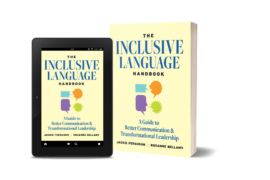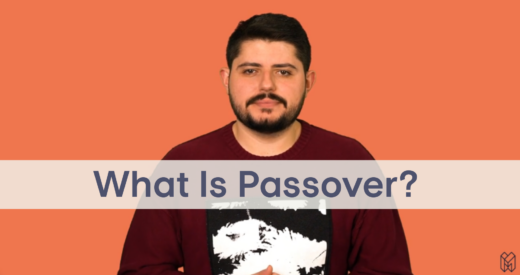Recently, my family and I got a vanity plate for our car. We drive a very nondescript (also known as boring) car, and once we found out that personalizing it is really not very expensive, we went for it. Because Accessibility is a bit of a family business for us, we got the North Carolina license plate that reads A11Y. A11Y, as many readers of this site might know, stands for ‘accessibility’, because the word has 11 letters between the ‘a’ and the ‘y’. What we had not realized (but probably should have) was that people who are not familiar with the digital accessibility effort would read our license plate as ‘Ally’. This was an unintended consequence, but a welcome one.
Over the past week, since the murder of George Floyd and the ensuing protests, I have been more conscious than ever of my license plate, and I am currently actively hoping that people will read it incorrectly, and take it to say ‘Ally’, because that is what we are. We got this license plate because the full inclusion of people with disabilities is a project that is close to our hearts, and this makes us natural allies to other minority groups. The fact is that people who live with disabilities know all about discrimination. They know firsthand what it is like to have people consistently assume that they cannot do things that they are perfectly capable of doing, and they are familiar with being relegated to the edges of mainstream society, banished to the outside, looking in. They are familiar with the never-ending stream of micro-aggression that chips away at the soul: the continuous barrage of little put-downs and autonomy-undermining comments that might be perfectly well-intended, but still strip away one’s dignity. Certainly, the source of the discrimination is different: having a disability versus the color of one’s skin. But the disenfranchisement is exactly the same. So, who better to understand the deep (and sometimes overflowing) frustration of racial minorities? And though our license plate is not primarily intended to mark us as allies of those groups in particular, we are more than happy to have it interpreted that way, and to signal our sympathy with the struggle of the disenfranchised — *any* disenfranchised.
This cross-alliance is even more relevant when we consider that even among the disabled population, those who are also members of another minority group face the greatest uphill struggle in having their voices heard. Research shows that women with disabilities, or people of color who have disabilities, are marginalized to an even greater extent, and are routinely excluded from all areas of life and work. You can’t therefore be concerned about the effects of one cause of marginalization, such as disability, and simultaneously be apathetic toward another. If you care about disability exclusion, you also have to care about other sources of exclusion and their intersectionality.
The disability inclusion (and for some, pride) movement, by the way, is a great example of racial cooperation. People with disabilities of all races have united against a common enemy — being held back by their disabilities. This is how it *should* be: sharing a negative experience gives us the opportunity to band together and take a stand against what is wrong with the world, such as the oppression of people on the basis of disability — or the murder of innocent people by racists. Rather than splitting up into our separate camps, this is the perfect chance to stand together and, together, oppose those who propagate what is wrong. In this, people of all races should take a cue from the disability inclusion movement. If people with different disabilities can stand together, so can people of different colors.
This guest blog was contributed by Susanne Meyer, Employment Solutions Architect at LCI Tech, and advocate for the disability inclusion movement.






